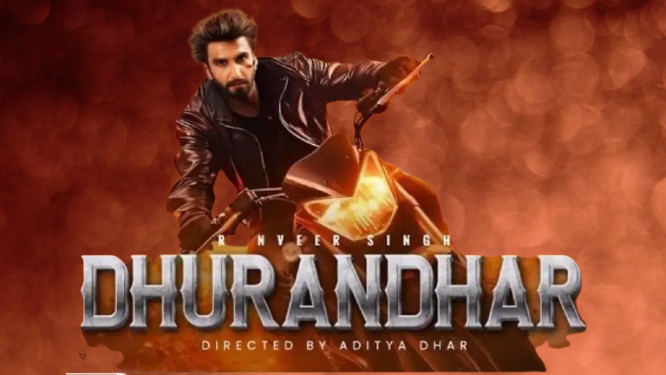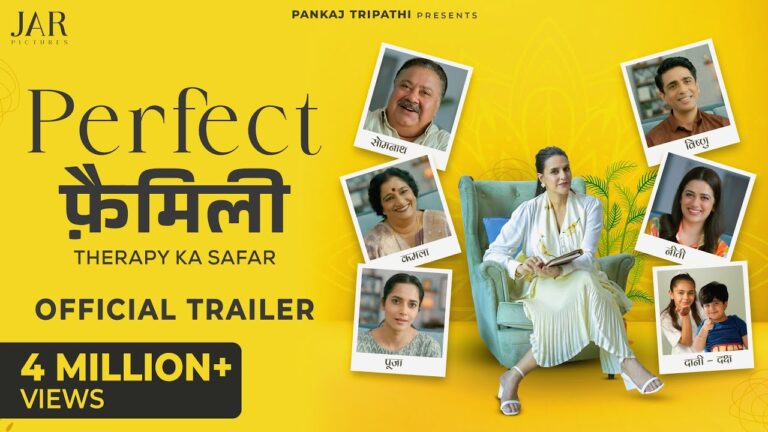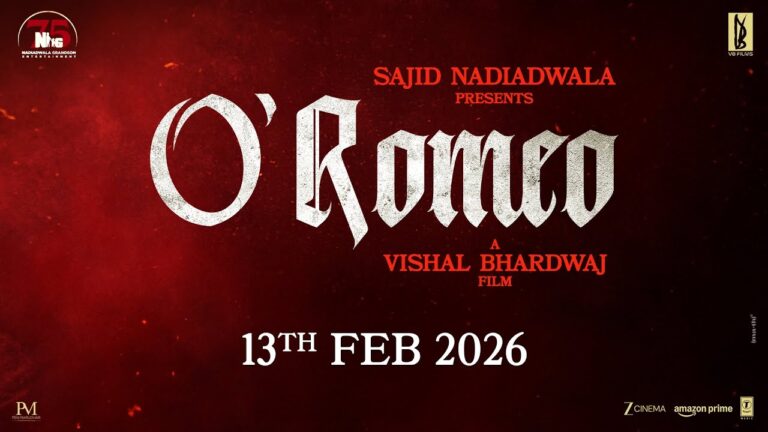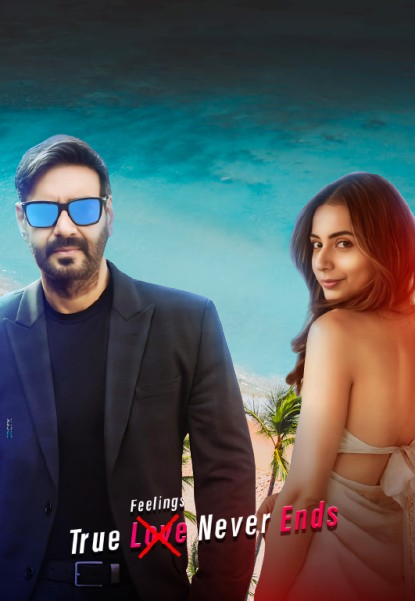Ek Deewane Ki Deewaniyat Movie 2025 Movierulz Review Details
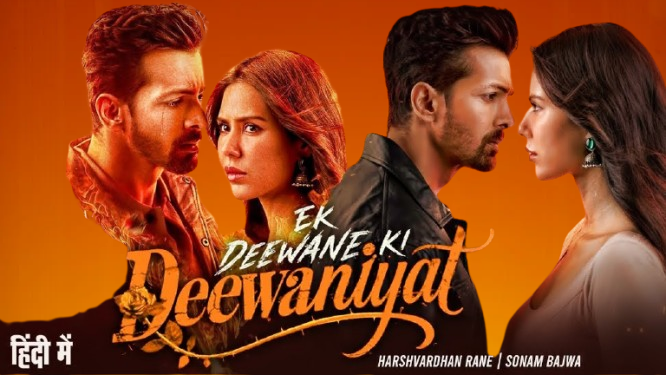
Ek Deewane Ki Deewaniyat (2025) Review: A Visual and Emotional Symphony
🎬 Book Movie Tickets Online
Check showtimes, seat availability, and exclusive offers for the latest movies near you.
Check on BookMyShow →As someone who’s been analyzing films for over a decade, I can say that Ek Deewane Ki Deewaniyat (2025) stands out visually among Hindi romantic dramas of the year. Directed by Milap Zaveri, this film merges love, obsession, and power through a vibrant yet haunting lens. The story of Vikramaditya Bhonsle and Adaa Randhawa unfolds like a poetic fever dream—supported by striking cinematography and immersive visual design.
Cinematic Artistry and Directional Vision
The film’s aesthetic language is defined by Nigam Bomzan’s cinematography. Every frame feels intentional—whether it’s the deep reds symbolizing passion or the muted blues portraying loneliness. Lighting plays a character of its own, reflecting the emotional tension between the leads. Director Milap Zaveri orchestrates each shot to magnify psychological depth rather than just beauty.
From an analytical lens, the film’s visual approach resembles European neo-romanticism, a style that favors intimacy over spectacle. Even the slow-motion sequences, though occasionally indulgent, carry a painterly quality that complements the script’s emotional gravity.
Insight:
This movie proves that love stories can use visual grammar to express obsession better than dialogues ever could.
VFX and Post-Production Magic
While not a VFX-heavy film, Ek Deewane Ki Deewaniyat incorporates subtle post-production enhancements that intensify the realism. Rain reflections, mirror distortions, and dream transitions are used to mirror the protagonist’s deteriorating psyche. The technical finesse here deserves special mention.
- Soft gradient overlays for flashbacks enhance nostalgia.
- Slow exposure transitions evoke psychological unease.
- VFX assists mood rather than distracts from it—rare in Hindi romantic dramas.
Takeaway:
VFX in this film doesn’t scream for attention—it whispers through emotions.
Table: Cast & Crew Visual Contribution
| Role | Contributor | Visual Contribution |
|---|---|---|
| Director | Milap Zaveri | Framed obsession with poetic flair |
| Cinematographer | Nigam Bomzan | Layered emotional visuals |
| Editor | Maahir Zaveri | Maintained narrative rhythm |
| Music Composers | Kunaal Vermaa, Kaushik-Guddu, etc. | Visual-musical synergy |
Visual Language and Symbolism
The symbolism in this film is powerfully constructed. Mirrors represent fractured identities, while light and shadow serve as metaphors for obsession and denial. The camera lingers just long enough to make us uncomfortable—inviting empathy and unease simultaneously.
It’s clear the production team studied visual psychology. For instance, Adaa’s apartment glows with warm amber tones in early scenes but shifts to desaturated gray as her fear grows. This progression visually narrates her emotional downfall.
Insight:
Colors are emotions here—by the end, every hue feels like a confession.
Comparison with Industry Standards
| Film | Visual Strength | Technique Highlight |
|---|---|---|
| Ek Deewane Ki Deewaniyat (2025) | High | Symbolic lighting, reflective framing |
| Satyaprem Ki Katha (2023) | Moderate | Soft focus romance |
| Gehraiyaan (2022) | High | Naturalistic water symbolism |
This comparison shows how Milap Zaveri’s film pushes romantic visual storytelling toward a darker, more metaphorical zone.
Cinematography Techniques That Shine
- Close-ups: Highlight unspoken turmoil.
- Tracking shots: Follow Vikramaditya’s descent into obsession.
- Contrast lighting: Marks Adaa’s moral boundaries.
- Symmetry breaks: Show psychological imbalance.
Takeaway:
This is visual storytelling at its most introspective—each frame breathes emotion.
VFX Techniques Overview
| Technique | Usage | Effect |
|---|---|---|
| Color Grading | Throughout emotional sequences | Amplifies mood intensity |
| Mirror Effects | Dream and confrontation scenes | Symbolic of fractured reality |
| Lighting Overlays | Romantic montages | Adds warmth and poetic tone |
Technical Awards Potential
If Hindi cinema’s awards committees recognize nuanced visual storytelling, Ek Deewane Ki Deewaniyat could easily find nominations for Best Cinematography and Production Design. The editing rhythm in the final act also strengthens its emotional climax—suggesting potential nods in technical categories.
Insight:
Unlike most romantic dramas, this one earns its visuals—every frame feels earned, not engineered.
Music as Visual Emotion
The soundtrack doesn’t just support visuals—it deepens them. Songs like “Tere Nazdeek” and “Pyar Ka Dard” blend perfectly with rain-soaked slow-motion shots, giving the film a timeless aesthetic. The synergy between visuals and melody creates moments of pure cinematic bliss.
Takeaway:
When music and visuals dance together, love stories transcend the screen.
Star Rating
| Category | Rating (Out of 5) |
|---|---|
| Visual Storytelling | 4.5 |
| VFX Integration | 4.0 |
| Editing Rhythm | 3.8 |
| Overall Visual Experience | 4.1 |
Star ratings evolve—based on my theater run.
Final Thoughts
Visually, Ek Deewane Ki Deewaniyat stands shoulder to shoulder with some of the finest romantic dramas in recent memory. It’s proof that cinematography can narrate emotions even when words fall short. The occasional indulgence in style doesn’t overshadow its heartfelt intent.
For those who love romantic films with layered visuals and deep emotional resonance, this is a cinematic experience worth savoring on the big screen.
Insight:
This film’s greatest triumph lies in how it paints obsession with beauty instead of judgment.
FAQs
Question 1: What makes Ek Deewane Ki Deewaniyat visually unique?
Answer 1: The film uses symbolic lighting and reflective framing to convey obsession and emotion, blending aesthetics with narrative power.
Question 2: How effective are the VFX elements in the movie?
Answer 2: Subtle VFX techniques like mirror distortions and lighting overlays enrich the storytelling without overwhelming it.
Question 3: Will the cinematography appeal to mainstream audiences?
Answer 3: Absolutely—it balances art-house visuals with emotional accessibility, offering beauty with meaning.
Star ratings evolve—based on my theater run.






